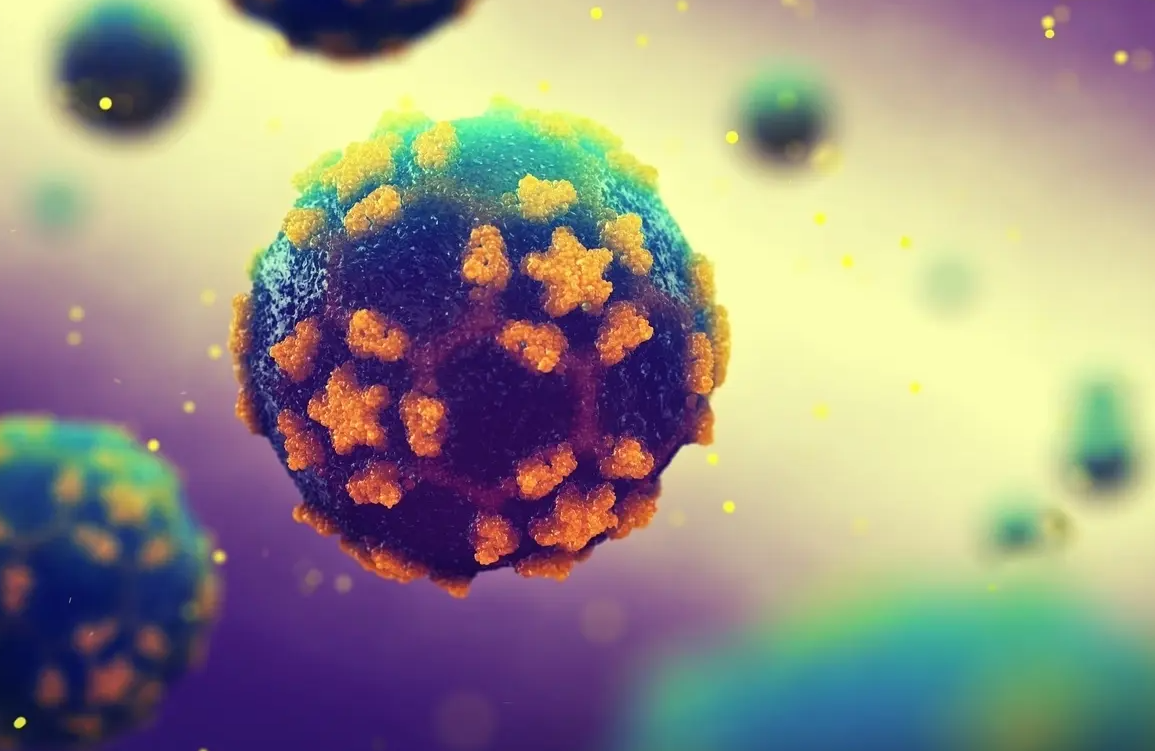Over a week after AstraZeneca announced a global withdrawal of its Covid-19 vaccine, new research has linked it to a rare and potentially fatal blood clotting disorder. The vaccine, sold in India under the brand name Covishield, has been associated with Vaccine-Induced Immune Thrombocytopenia and Thrombosis (VITT).
Here are the key findings from AstraZeneca Vaccine:
- VITT Emergence: VITT emerged in 2021 during the Covid-19 pandemic, particularly after the use of the Oxford-AstraZeneca vaccine, which is based on adenovirus vectors.
- Autoantibody Targeting: Scientists discovered that VITT is caused by a harmful blood autoantibody targeting a protein called platelet factor 4 (PF4). An autoantibody is produced by the immune system and mistakenly attacks the body’s own tissues, leading to autoimmune diseases.
- Similarity to Natural Adenovirus Infections: Separate research in 2023 revealed a similar, sometimes fatal disorder linked to natural adenovirus infections (such as the common cold), involving the same PF4 antibody.
- Clinical Presentation: Affected patients often develop blood clots in unusual places like the brain or abdomen. They also have elevated levels of a substance called D-dimer in their blood.
- Genetic Risk Factor: Flinders University researchers identified a genetic risk factor related to the PF4 antibody in 2022.
- Common Factor in Viruses and Vaccines: The recent study shows that a common factor in viruses and vaccines triggers these harmful antibodies.
While the overall risk of VITT remains low, health authorities continue to monitor vaccine safety. As always, individuals should consult with healthcare professionals and make informed decisions regarding vaccination1.
If you have concerns about this particular vaccine, it’s crucial to discuss them with your doctor, who can advise you based on your individual health profile. Remember, staying informed is crucial for public health, and ongoing research helps us better understand vaccine-related risks and benefits. 🌐






































